e.Go Life 20
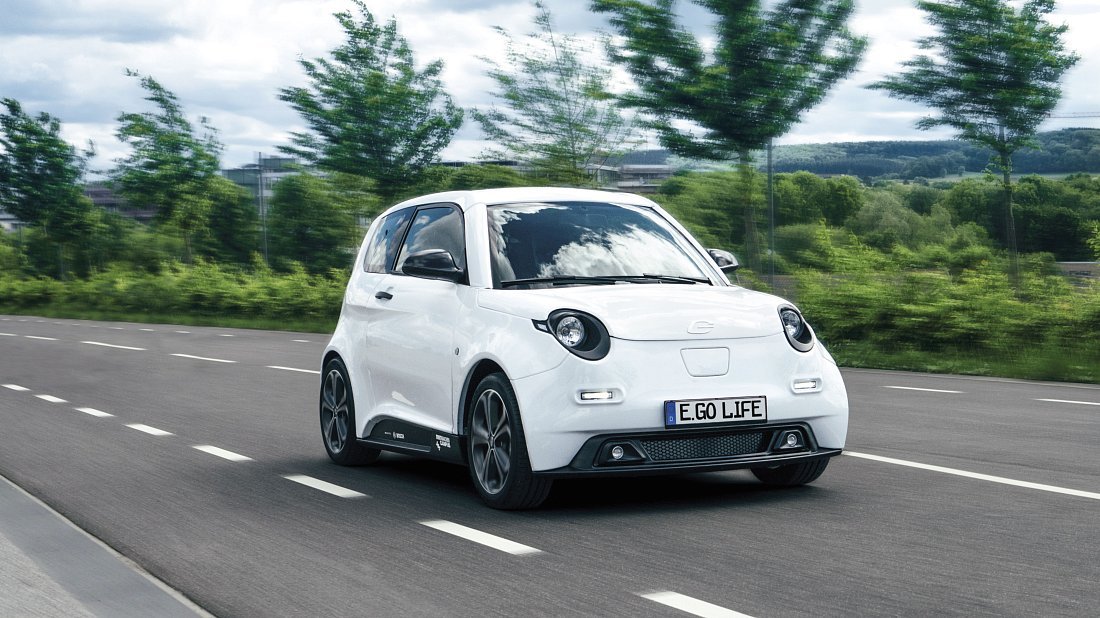
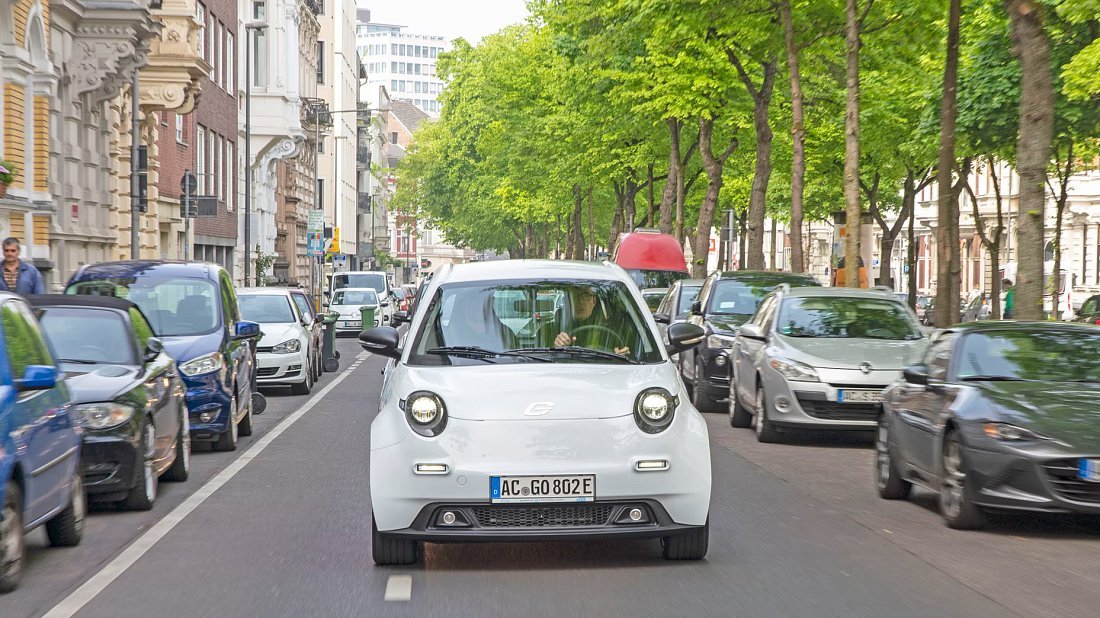
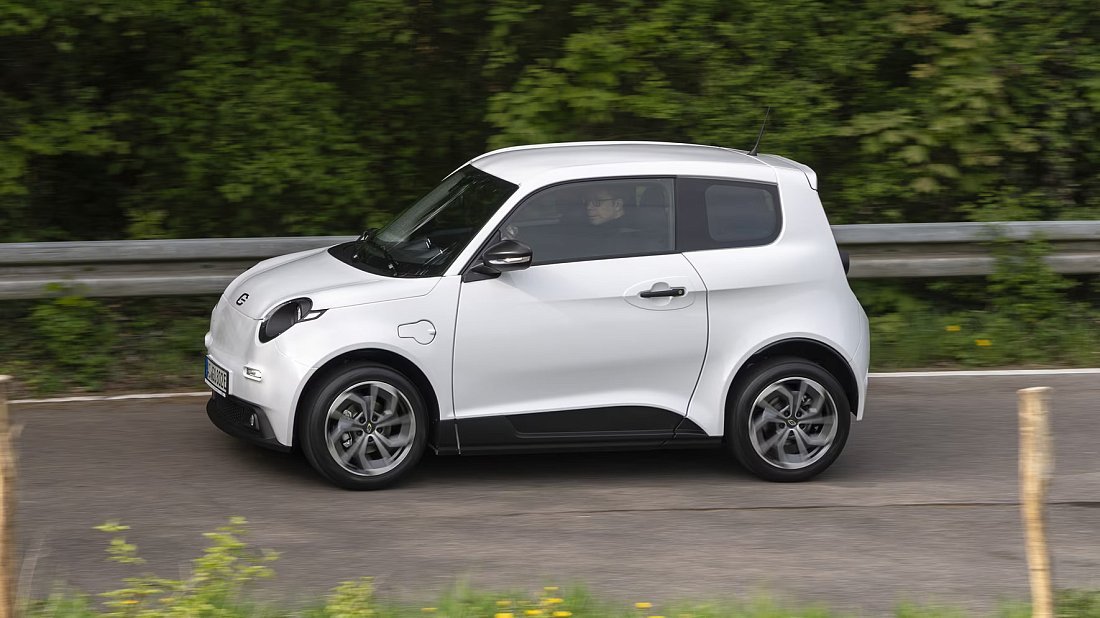
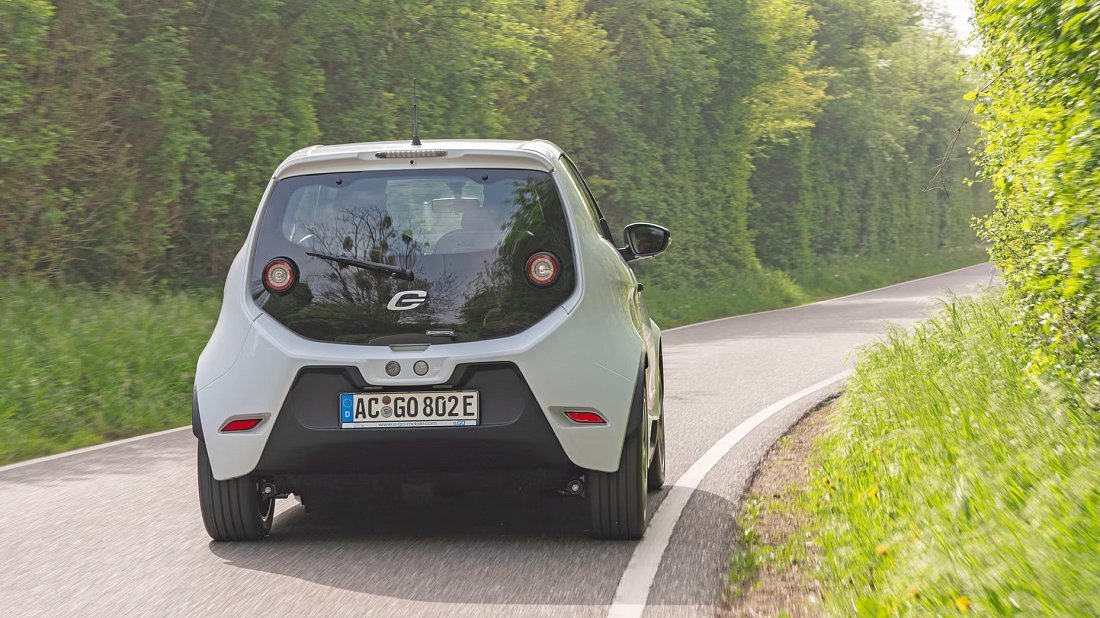
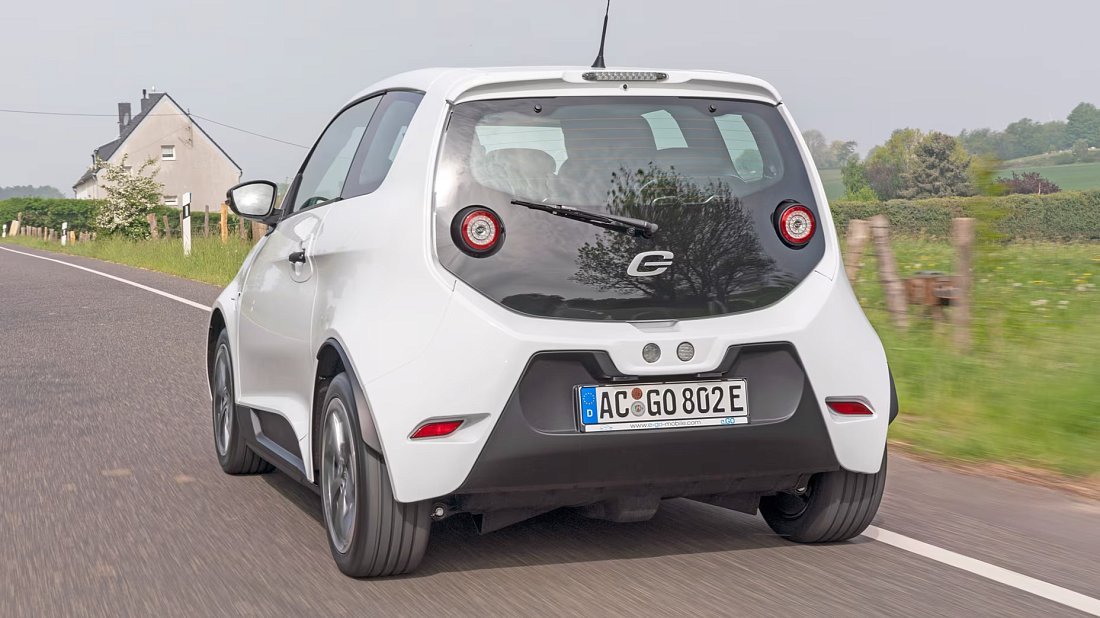
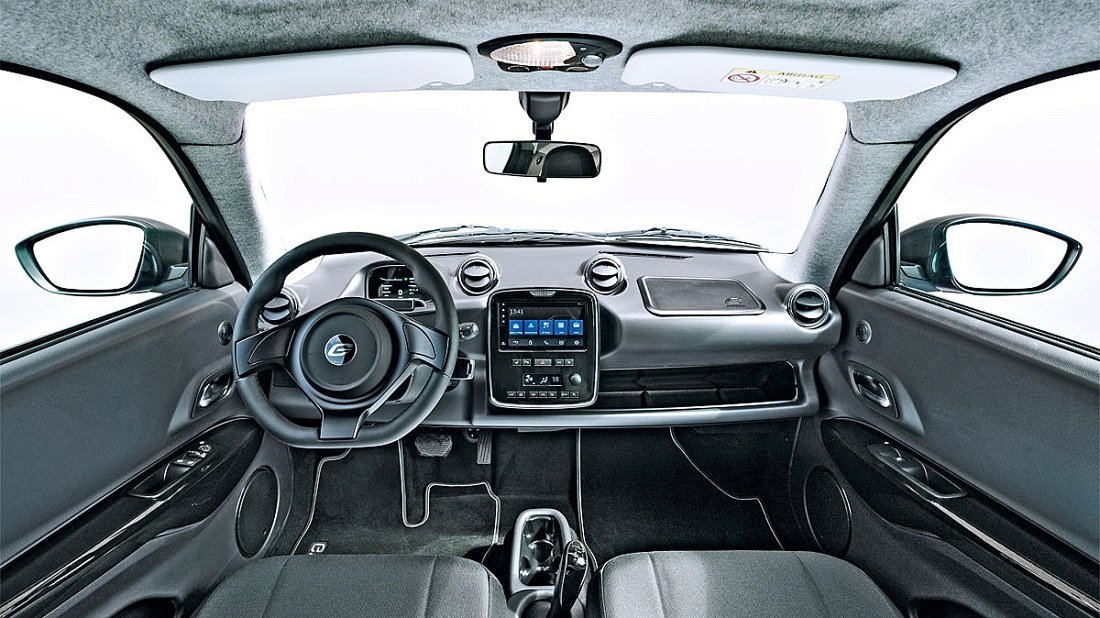
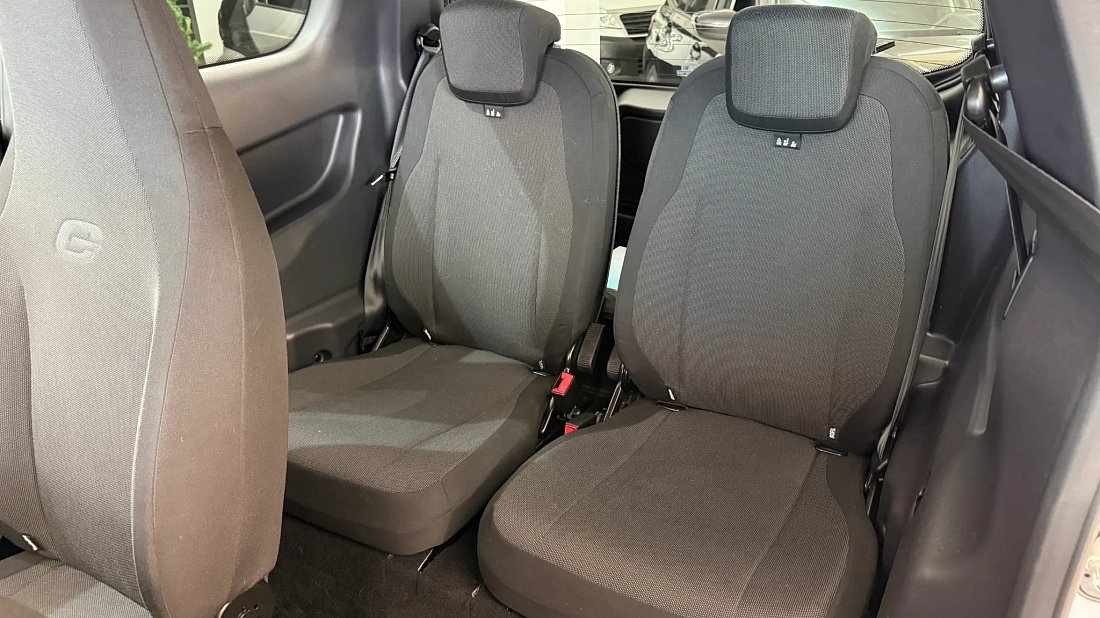
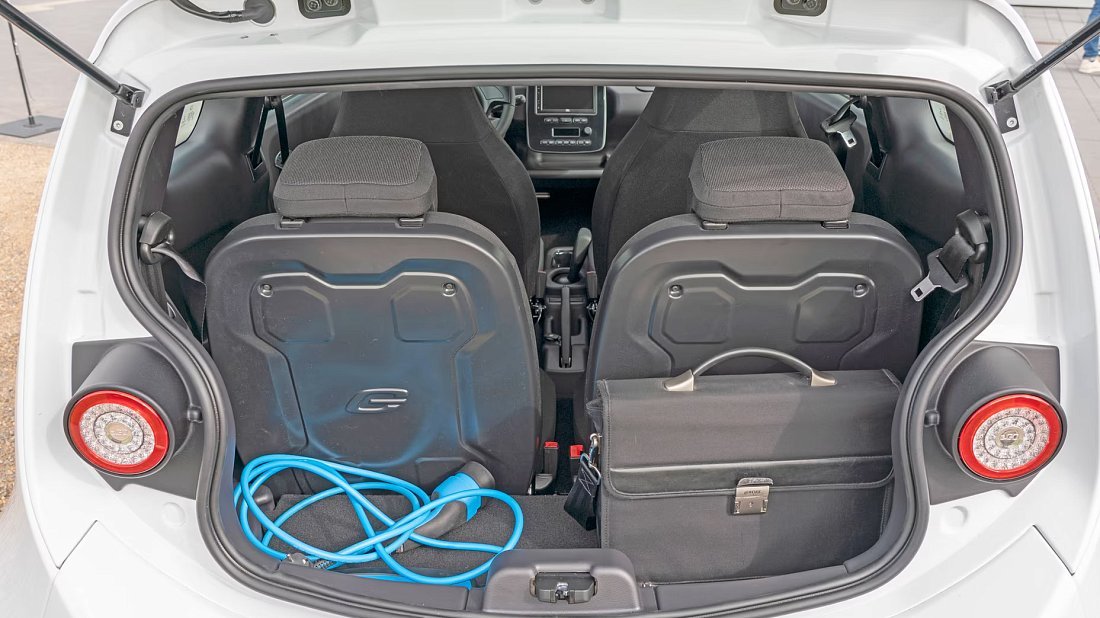
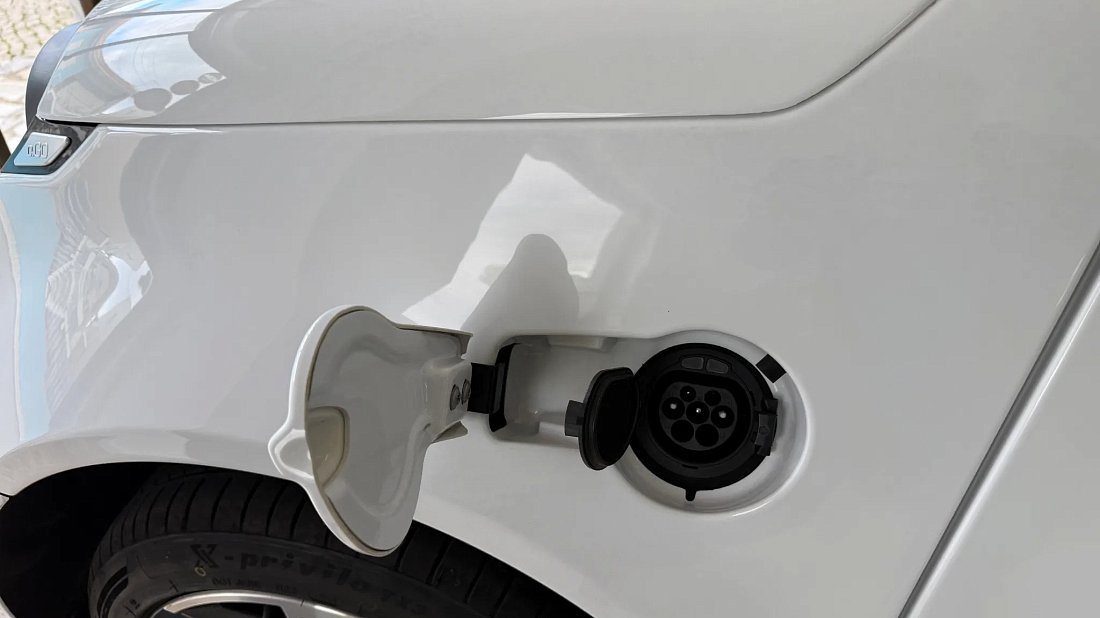
Overview
Main Overview Information
- Price Europe (New)
- No Data
- Price Europe (Used)
- €8.449
- Country of Manufacture
-
- Germany
![Germany Germany]()
- Germany
- Years of Production
- 2020-2022 (Discontinued)
- Body Style
- Hatchback
![]()
- Market Availability
- EU
Pros and Cons
Reasons to Buy
- Ultra-compact city size
- Affordable used EV
- Zero-emission urban travel
- Nimble RWD handling
Reasons Not to Buy
- Extremely limited range
- Very slow performance
- No DC fast charging
- Basic features, limited tech
- Uncertain manufacturer support
Overview
The e.Go Life 20 was a pint-sized German electric city car, a brave attempt at super-affordable urban mobility. As the entry-level trim, the '20' offered just the essentials, designed purely for nipping around town. With production ceasing in 2022, it’s now a very budget-conscious find on the pre-owned market, typically seen around €8,449. Its key selling point was its compact footprint and zero-emission credentials for congested city centres, though it was undeniably basic. Think of it as electric motoring stripped back to its core essentials.
What's New for 2022?
For the 2022 model year, the e.Go Life 20 essentially carried over, marking the final chapter of its production run which concluded the same year. There weren't any significant overhauls or flashy new features introduced for this budget-focused trim. Instead, 2022 represented the last opportunity for buyers to acquire this quirky, ultra-compact German EV in its original form. The focus was on fulfilling existing orders rather than a refresh, making it a swan song for this particular iteration of the Life.
Design & Exterior
The e.Go Life 20 boasts a unique, almost toy-like charm with its unmistakably compact hatchback design. It’s a proper head-turner, measuring just 3345 mm long, 1747 mm wide, and 1588 mm tall – perfect for squeezing into tight city spaces! The '20' trim kept things simple, with basic wheel covers and straightforward lighting. Its short overhangs and boxy shape maximized interior practicality despite its tiny exterior. It’s less about sleek aerodynamics and more about functional, friendly city transport built in Germany.
Interior, Tech & Cargo
Inside, the e.Go Life 20 is as functional as its exterior suggests, with a no-nonsense cabin prioritising utility over luxury. Materials are durable rather than plush, fitting its budget city car brief. It officially seats four, though rear passengers will find it snug. Tech is basic, typically featuring a simple digital display for driving info and perhaps a basic radio or Bluetooth connectivity; don't expect large touchscreens. Cargo wise, you get 140 litres in the boot, expanding to 640 litres with seats down. No frunk here, though!
Performance & Driving Experience
Don't expect whiplash in the e.Go Life 20; its 0-100 km/h amble takes a very city-appropriate 35 seconds! A single Permanent Magnet Synchronous Motor sends 20 kW of power to the rear wheels, making it surprisingly nimble for darting through traffic. The RWD layout can add a touch of character to its handling. Top speed is a modest 112 km/h, confirming its urbanite status. The ride is geared for city bumps, and regenerative braking helps eke out a bit more range. It’s a simple, if not electrifying, drive.
Range, Battery & Charging
The e.Go Life 20 is equipped with a 13.7 kWh usable battery, delivering a Green Cars Compare estimated real-world range of around 85 km – strictly for short urban hops. Its efficiency is rated at a decent 6.2 km/kWh. Charging is handled via a Type 2 (Mennekes) port, with a standard 3.7 kW on-board AC charger; a full charge from empty will take roughly 4 hours. Crucially, DC fast charging capability was not a feature on this budget EV, so quick top-ups on the go are off the table.
Safety & Driver-Assistance Features
Safety-wise, the e.Go Life 20's specific Euro NCAP rating is not readily available, which is common for such low-volume, niche vehicles. Given its positioning as an affordable city car, don't expect a full suite of advanced driver-assistance systems. Standard safety equipment would have included essentials like ABS, airbags, and stability control, but features like adaptive cruise control or lane-keeping assist were generally not part of its minimalist package. It’s built for low-speed urban environments where active safety tech is less prevalent.
Warranty & Maintenance Coverage
As e.Go Mobile underwent restructuring and the Life 20 is discontinued, specific warranty details for previously sold units can be tricky to pin down and would depend on the original terms at purchase in Germany. Typically, European EVs around that time offered a 2-3 year general vehicle warranty and an 8-year/160,000 km battery warranty covering degradation. Maintenance for such a simple EV would be minimal, focusing on tyres, brakes, and cabin filters, but specialist support might be limited due to the company's journey.



